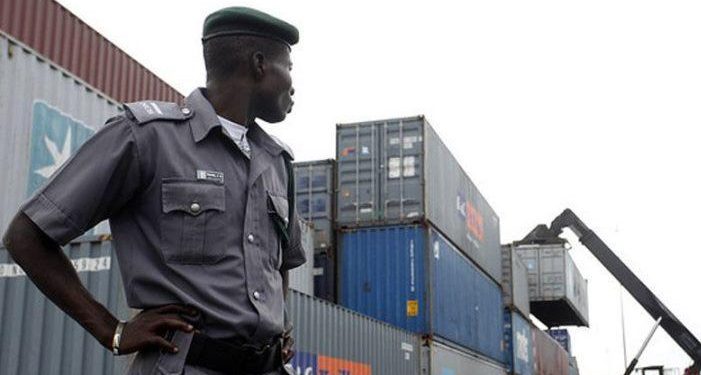Nigeria suspends Customs’ 4% FOB charge to cut trade costs, ease business operations, and support economic growth.
In a decisive move aimed at easing the cost of doing business, the Federal Government of Nigeria has announced the suspension of the 4% Free on Board (FOB) charge previously enforced by the Nigeria Customs Service (NCS).
The 4% FOB charge, which was introduced to generate additional revenue and strengthen customs regulation, had faced intense criticism from trade groups, importers, exporters, and maritime operators. Many stakeholders argued that the levy placed an excessive financial burden on businesses and could negatively impact Nigeria’s trade competitiveness in the West African region.
According to government sources, the suspension takes effect immediately and covers all import and export activities subjected to the charge. This development is part of ongoing efforts by the administration to create a more business-friendly environment, stimulate investment, and boost Nigeria’s foreign trade activities.
Industry analysts say the decision reflects the government’s willingness to listen to the concerns of private sector stakeholders and adjust policies to support economic growth. By temporarily halting the 4% FOB charge, the Federal Government seeks to review its overall trade policy framework and align it with current economic realities, including fluctuating exchange rates and rising operational costs in the shipping sector.
Trade associations have welcomed the move, describing it as a relief for importers and exporters who were already grappling with multiple tariffs, high port charges, and currency instability. They believe that suspending the levy could lead to increased shipping activities, reduce costs for consumers, and enhance Nigeria’s role as a regional trade hub.
ALSO READ: Rep. Obi Aguocha Petitions Tinubu Over Nnamdi Kanu’s Critical Health Condition
The Nigeria Customs Service is expected to issue detailed compliance guidelines to stakeholders in the coming days, clarifying how the suspension will be implemented and what businesses should expect during this interim period.
Experts also note that the suspension could improve Nigeria’s ease of doing business ranking, attract new investors into the maritime and logistics sector, and boost government revenue in the long term by fostering a healthier trade environment. However, some caution that a clear and transparent review process will be critical to ensure a sustainable and fair customs policy moving forward.
This suspension marks yet another significant step by the Federal Government to stabilize the economy, support private sector growth, and strengthen Nigeria’s position in global trade.


